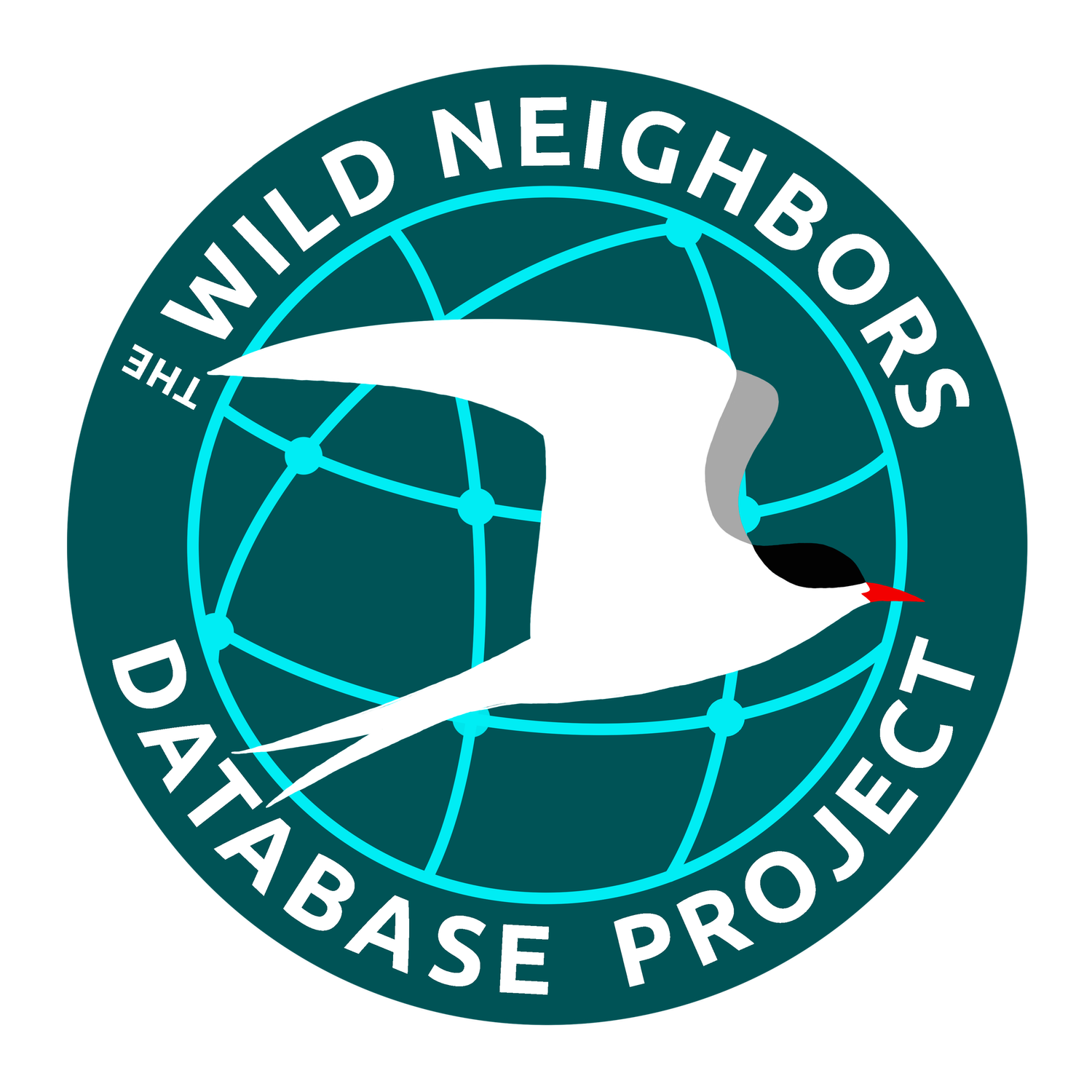Ceto (/ˈsiːtoʊ/ or see-tow), is a centralized on-line tool for collecting and managing marine mammal health and stranding data. Ceto is named after the primordial sea goddess in Greek mythology.
-
This innovative platform revolutionizes the management of vital data, offering an intuitive and centralized interface for gathering diverse datasets related to marine mammal health and stranding incidents. Ceto's user-friendly design streamlines data entry processes while integrating powerful analytical tools. Researchers, conservationists, and policymakers benefit from its capabilities, leveraging the platform's insights to make informed decisions crucial for marine conservation efforts.
Beyond its function as a repository, Ceto symbolizes a shared commitment among its users to deepen our understanding of marine mammals and protect their fragile ecosystems. The platform not only centralizes information but also cultivates a vibrant community ethos, fostering collaborative efforts through webinars and shared resources. In echoing its mythological namesake, Ceto serves as a unifying force, bringing together diverse perspectives and expertise to address the challenges facing marine mammal health and conservation in the modern age.
-
Currently only organizations within the Gulf of Mexico Marine Mammal Stranding Network are able to use Ceto. However, Ceto was built with the ability to expand and adapt to the needs of other Marine Mammal Stranding Networks across the United States. If you are interested in expanding Ceto to your network, please contact us.
-
Ceto was developed in partnership with The Wild Neighbors Database Project, National Fish and Wildlife Foundation, National Oceanic and Atmospheric Administration, the Deepwater Horizon Open Ocean Trustee Implementation Group, and members of the Gulf of Mexico Marine Mammal Stranding Network.
-
Ceto was made possible with funds through NFWF and a Deepwater Horizon restoration project called CETACEAN. The CETACEAN project is being implemented by NOAA on behalf of the Open Ocean Trustee Implementation Group to restore marine mammals injured by the 2010 Deepwater Horizon oil spill in the Gulf of Mexico.
-
The Marine Mammal Stranding Network (MMSN) in the Gulf of Mexico consists of local, state, and federal government agencies, as well as 11 authorized organizations who cover the coastline from the Texas-Mexico border through the Florida Keys with trained staff and veterinarians who respond to and rehabilitate live stranded marine mammals and investigate dead stranded marine mammals. Together, NOAA Fisheries Service and the MMSN coordinate responses to stranding events, monitor stranding rates, monitor human-caused mortalities, maintain a stranding database, and conduct investigations to determine the cause of unusual stranding events, such as mass strandings and mortalities.
NOAA is ultimately responsible for conserving dolphins, whales, seals and sea lions in the United States Under the Marine Mammal Protection Act (MMPA), and authorizes partner organizations and their volunteers to respond to marine mammal strandings. The public can report a stranded or injured marine mammal by contacting the local stranding response organization at 1-877-WHALE HELP (877-942-5343). Contact information for stranding response organizations across the US is provided here.
-
Ceto plans to partner with other Gulf of Mexico cetacean data aggregation platforms currently in development that focus on other datasets like species abundance and distribution, environmental factors, and anthropogenic hazards to enhance the analytical power of these data. The partners would also like to make Ceto available to other stranding networks across the country and plans to build on existing data modules to capture other marine mammal health data beyond strandings such as live animal health assessments, and network member effort.

